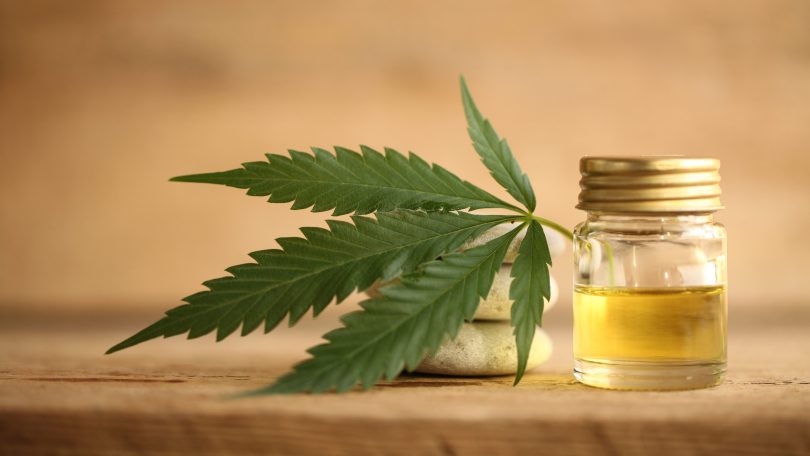New standardized purity tests would prevent unscrupulous CBD companies gaming the system to secure favorable results, says a U.K. industry body.
The London-based Centre for Medicinal Cannabis (CMC) is to gauge the appetitive for a new set of internationally-recognized CBD testing guidelines. In a press release the CMC says it has appointed leading chemist Dr Parveen Bhatarah, to investigate how to overcome the ‘barriers to analytical method standardization in the CBD-space’.
Recent research from the CMC highlighted the size of the problem currently facing the industry.
CBD Compliance Concerns
It found out of 29 of U.K. CBD products that underwent testing, 11 had less than 50% of the advertised CBD content. This was reinforced by the Cannabis industry Trade Association Chairman Mike Harlington who said in some recent tests just 11% of CBD products were able to verify their content claims.
And a third U.K industry trade body CannaPro never shirks its responsibility in policing its members having recently withdrawn the compliance certificate of a CBD retailer. In a press release the CMC says standardised methods have yet to be developed, and, as a result products can show different results depending on who does the testing.
Shopping For Favorable Results
‘This can lead to companies shopping around for favorable testing results that do not truly reflect what the products contain,’ it says. It recommends a new standard method agreement would aim for equivalence when testing for things like; carcinogenicity, heavy metals, residual solvent, mycotoxins, pesticides and terpenes
Dr Bhatarah said her collaborative research initiative will be made up of CMC members and continued: “If there is no standardisation, there is no recourse for companies or customers to question test results. The lack of standardisation is hurting the industry’s ability to present cogent arguments on key matters such as defining zero-detectable THC.”
She went on to such harmonization is critical for this rapidly expanding new industry to adhere to national, European and International standards criteria, such as European Commissions Novel Food authorization.
For more stories like this one, subscribe to the CBD Business Weekly Newsletter.









